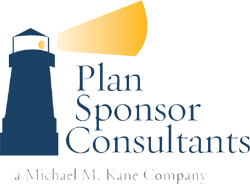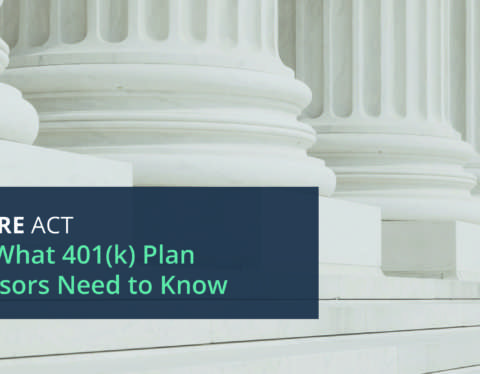Few, if any, retirement plan sponsors want to face an audit, yet a successful private retirement system necessitates occasional employer audits by the Internal Revenue Service’s Employee Plans (EP) compliance program.
Plan oversight is two-prong, with the IRS covering the “qualified status of 401(k) plans” and the DOL overseeing the “fiduciary standards, reporting and disclosure requirements and other rules that do not affect the qualified status of 401(k) plans,” as explained in the IRS 401(k) Resource Guide – Plan Sponsors – What if You are Audited?
The Guide states the primary objective of the IRS’ examination program “is to develop and integrate appropriate compliance and enforcement programs that will have the greatest positive impact on the retirement system.”
So, what can you expect if your retirement plan is audited? Here’s a summary of the steps as outlined in the IRS Employee Plan Examination Process document:
Notification and Scheduling – If your retirement plan is selected for an audit, you will receive a letter requesting the review of your plan documents, and an appointment will be set when you,(or your representative),will meet with the IRS agent.
Audit – An IRS agent conducts an onsite plan audit and, based on the findings, may ask for additional information and/or documents.
No Changes – Once all information is reviewed and accepted without any necessary changes, the case is closed and a closing letter is issued.
Changes Needed – If the plan requires modification, there are typically three outcomes: 1) The IRS determines if there are any income or excise tax implications; 2) A correction program is initiated; or 3) With unresolved cases, there is potential revocation and non-qualification of the plan. In all instances, a closing letter is also issued.
To prepare for an efficient and streamlined auditing process, the IRS recommends plan sponsors follow the Top Ten Tips to Prepare for an Efficient Audit by having the following ready:
- All plan documents, opinion and determination letters, service provider agreements, and any other requested records
- Key people on hand as needed during the audit (trustees, recordkeepers, actuaries, human resources personnel, and anyone with representative power of attorney)
- Plan terms
- Plan operations
- Eligibility test results
- Administrative practices, procedures and internal controls
- Any occurrence(s) of plan errors and how they were corrected
- If applicable, information on any other employers related to the company
- Self-auditing and compliance procedures
- Any other documents as found useful on the IRS resources website
Understandably, no one wants to experience a retirement plan audit. However, understanding the process and procedures now, helps reinforce the need for good documentation and helps prepare you just in case you do face an audit.



